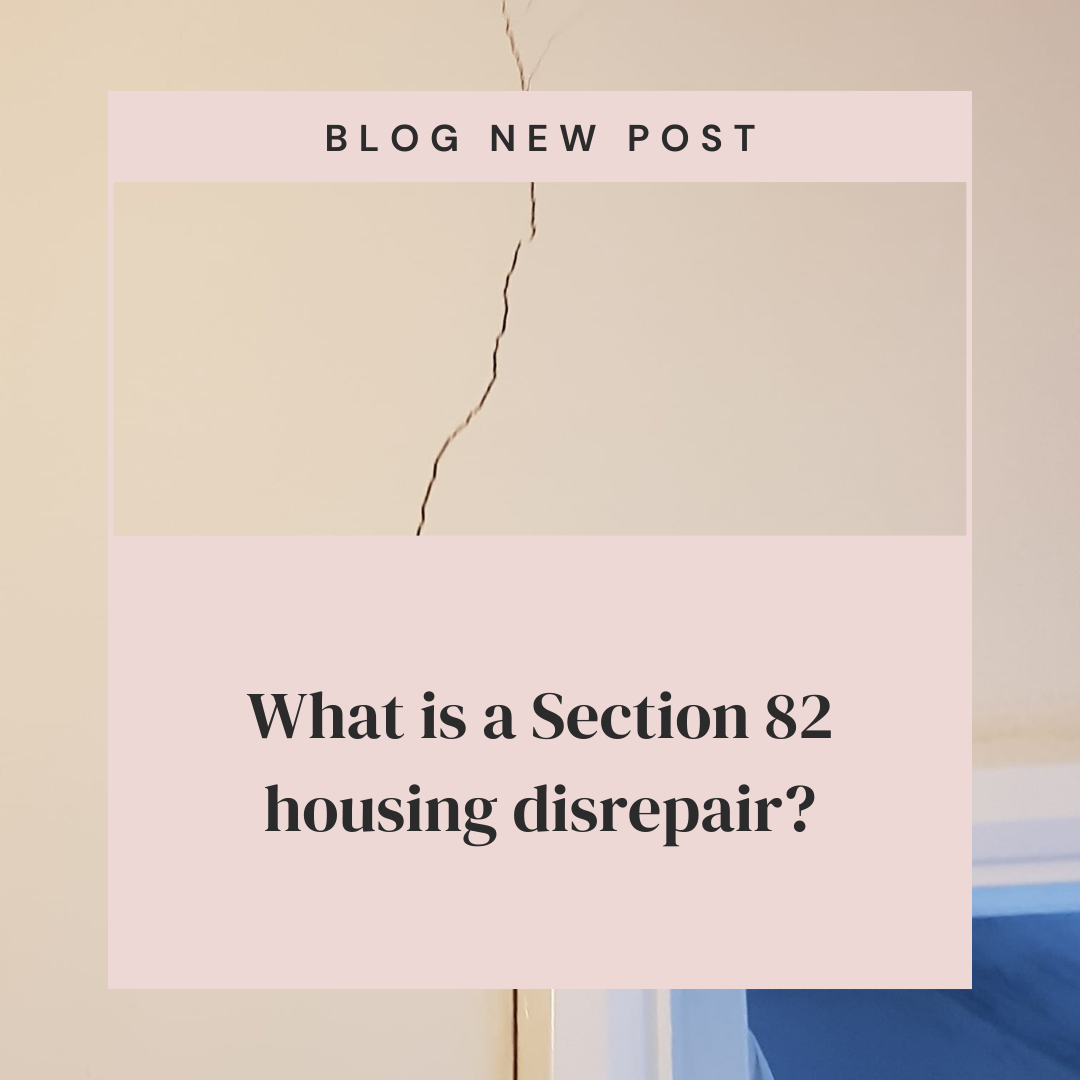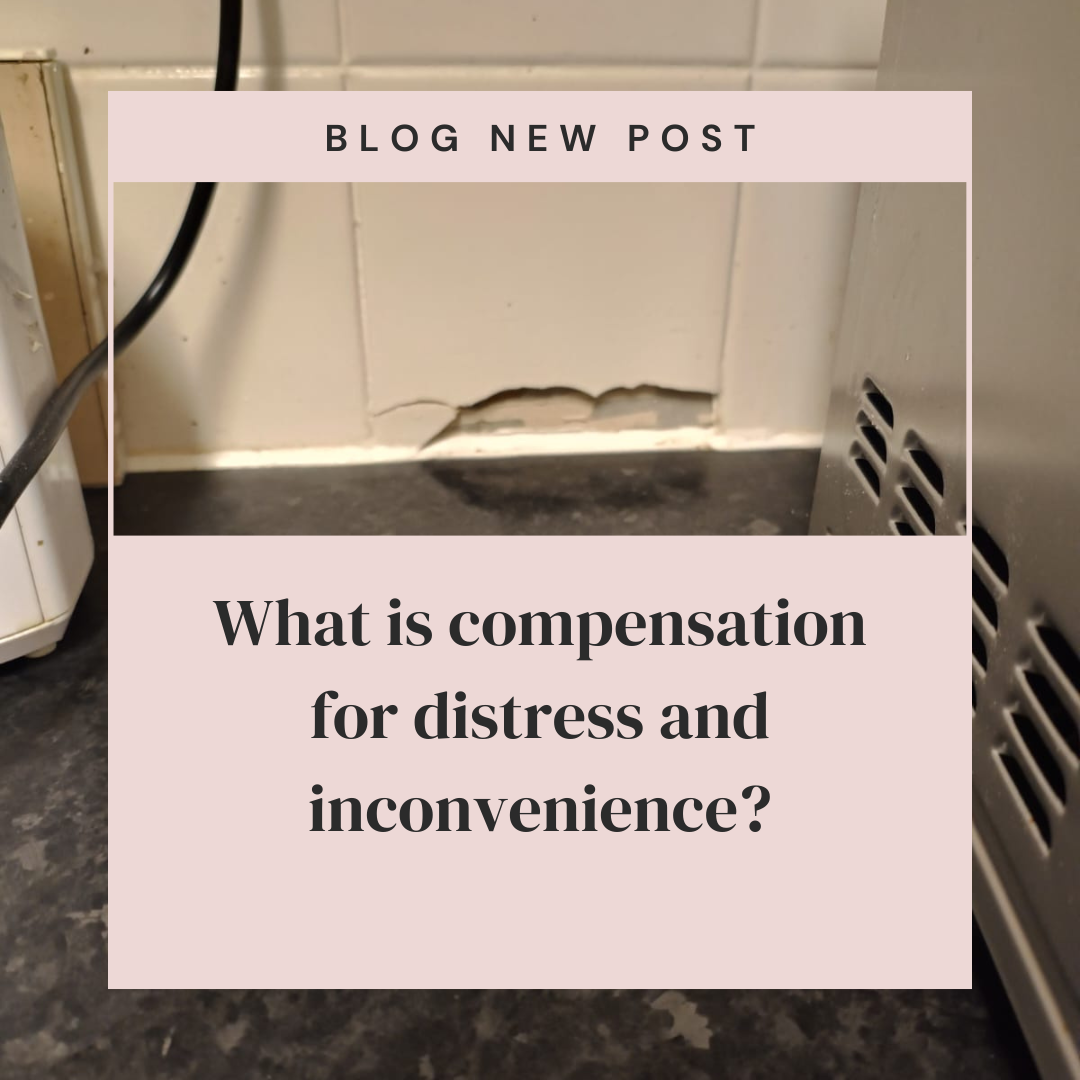What is the cut off for housing disrepair claims?
What is the cut off for housing disrepair claims? Are you a social housing tenant in England or Wales facing issues with property disrepair? Understanding the time limits for housing disrepair claims is crucial for ensuring your rights are protected. In this guide, we’ll delve into the essential aspects of time limitations on housing disrepair claims to help you navigate this process effectively.
What are Housing Disrepair Claims? Housing disrepair refers to the inadequate maintenance or repairs within a rented property, affecting the tenant’s living conditions. These issues may include dampness, leaks, structural problems, heating failures, or pest infestations. As a tenant, you have rights regarding the repair and maintenance of your property under the law.
Time Limits for Housing Disrepair Claims In England and Wales, tenants have a legal right to take action against housing disrepair. However, there are specific time limits within which you can file a claim. The Limitation Act 1980 sets the time frame for bringing a claim to court.
Pre-Action Protocol Before commencing legal proceedings, tenants are encouraged to follow the Pre-Action Protocol for Housing Disrepair Cases. This protocol outlines the steps to resolve the issue without going to court. Landlords are given a reasonable opportunity to address the disrepair problems once notified.
Limitation Period The Limitation Act 1980 establishes a general time limit of six years for tenants to make a claim for housing disrepair. This time period begins when the disrepair occurs or becomes noticeable. It’s essential to take prompt action and report the issues to your landlord or housing association as soon as they arise.
Exceptions to the Time Limit There are exceptions to the six-year time limit. In cases where the disrepair leads to personal injury, tenants have three years from the date of knowledge of the injury to make a claim. However, it’s advisable not to delay reporting any disrepair issues, regardless of potential injury implications.
Importance of Timely Action Timely reporting of housing disrepair issues is critical. Delay in reporting could not only worsen living conditions but also jeopardize the chances of a successful claim. Document all communications with your landlord or housing association regarding repairs, including dates, issues reported, and any actions taken.
Seeking Legal Advice If your landlord fails to address the disrepair issues within a reasonable timeframe or if you encounter difficulties in resolving the matter, seeking legal advice becomes essential. Legal professionals specialized in housing disrepair cases can provide guidance and assist you in pursuing a claim.
Conclusion Understanding the time limits for housing disrepair claims is pivotal for social housing tenants in England and Wales. Acting promptly and following the appropriate procedures can help ensure that your rights are upheld and the necessary repairs are carried out. If you’re experiencing housing disrepair issues, take proactive steps and seek assistance to address the situation effectively.
Important links
Housing Disrepair Advice: https://housingdisrepairadvice.org/contact
Housing Ombudsman: https://www.housing-ombudsman.org.uk/









